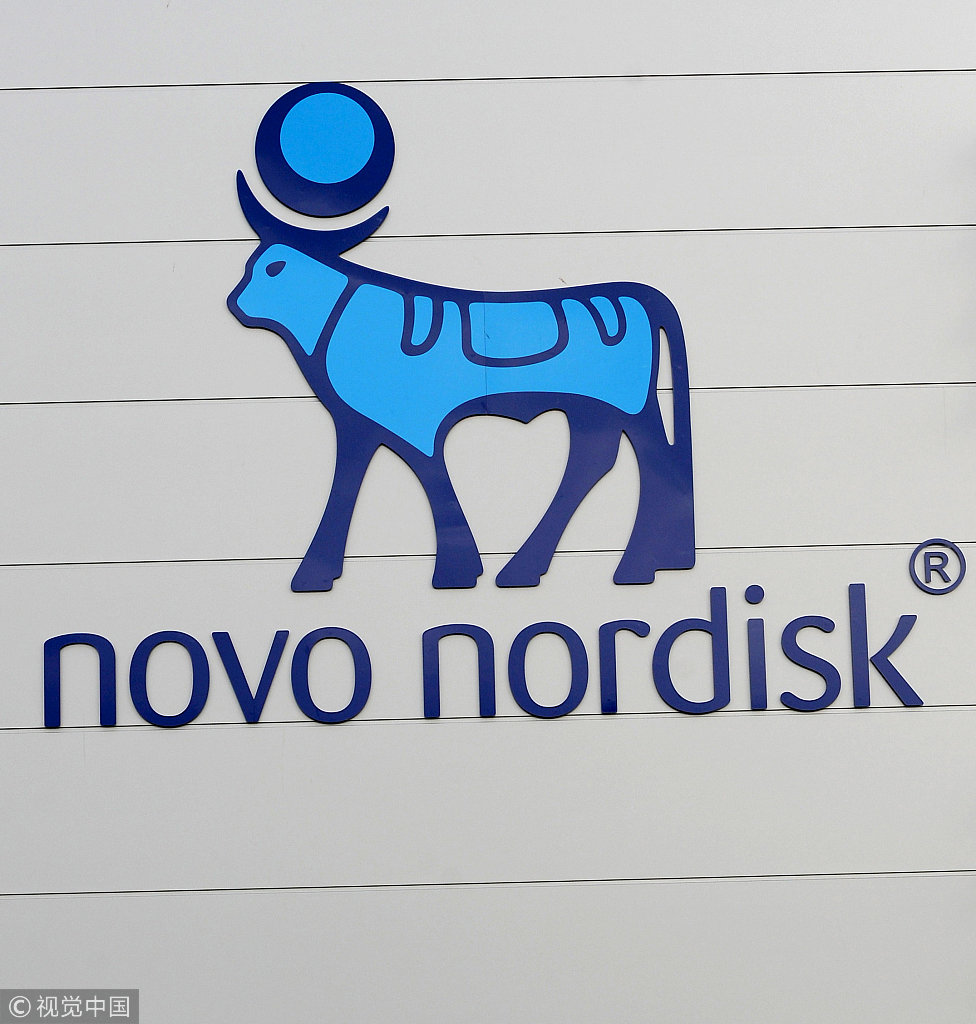Novo Nordisk to test, launch new drugs in China


Novo Nordisk, a global pharmaceutical giant renowned for its diabetes medicines, said at a forum it held during the first China International Import Expo that it plans to integrate China into its global drug research and development system, and will carry out clinical research and launch new drugs in China simultaneously with the rest of the world, as much as possible.
"Our long-term development plan in China is fully aligned with China's blueprint toward 'Healthy China 2030', and we will work with all parties to further contribute to the implementation of the 'Healthy China 2030' initiative," said Christine Zhou, president of Novo Nordisk China.
In the next seven or eight years, Novo Nordisk will bring 10 innovative drugs to the Chinese market to treat various diseases, Zhou said, adding the company's R&D center in Beijing is establishing an open innovation platform, which aims to build a new foundation for drug R&D collaboration to upgrade Novo Nordisk's innovation model in China and to cooperate with the most dynamic local innovators.
It has also included China in its "Cities Changing Diabetes" program, a global program regarding disease management jointly launched in 2014 by Novo Nordisk, the Danish Steno Center and University College London, with the intention to reverse the high prevalence of diabetes in cities.
A total of 17 cities around the world have participated in the program. Among them, Shanghai, Tianjin, Beijing, Hangzhou in Zhejiang province, and Xiamen in Fujian province have all made remarkable progress in diabetes prevention and control over the past three years, according to Zhou.
Shanghai has screened more than 300,000 people for diabetes, and more than 200,000 people for diabetes-related complications, she said.
"Over the past 10 years, together with health education institutes, Novo Nordisk has helped educate more than 10 million people about diabetes and the prevention and control of other illnesses…We will continue to help people with diabetes have healthier and happier lives," Zhou said.




































